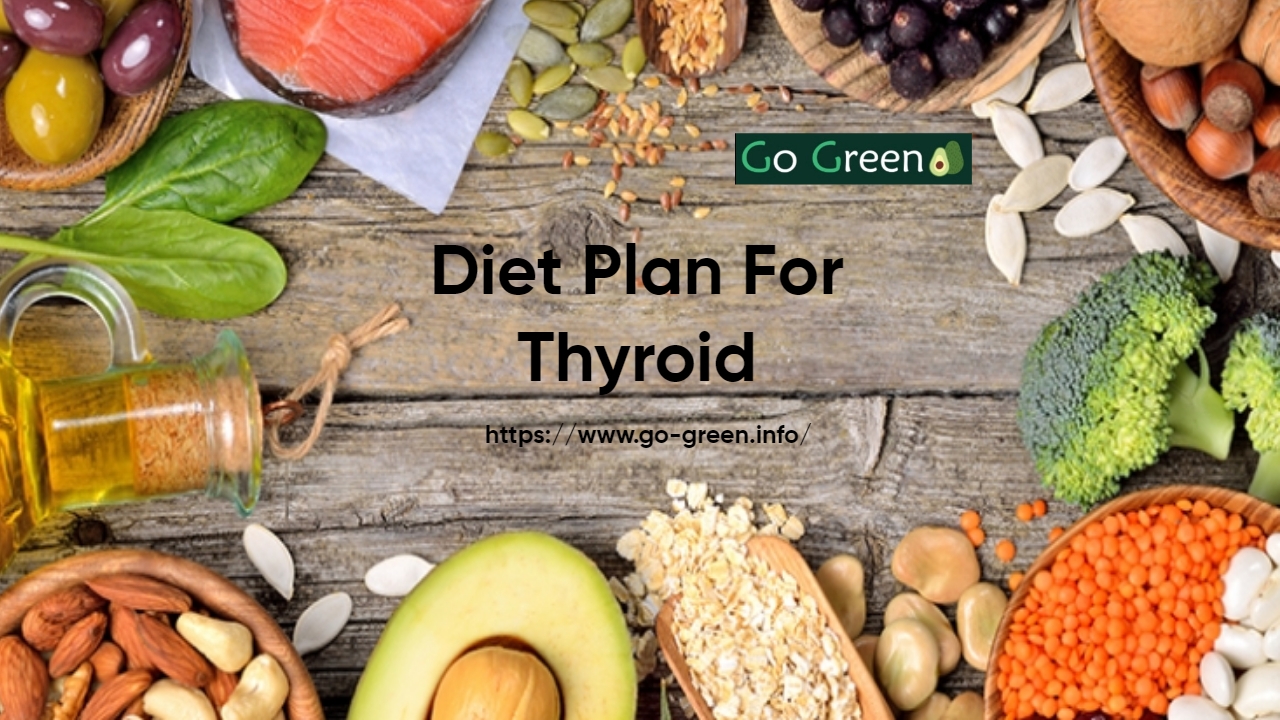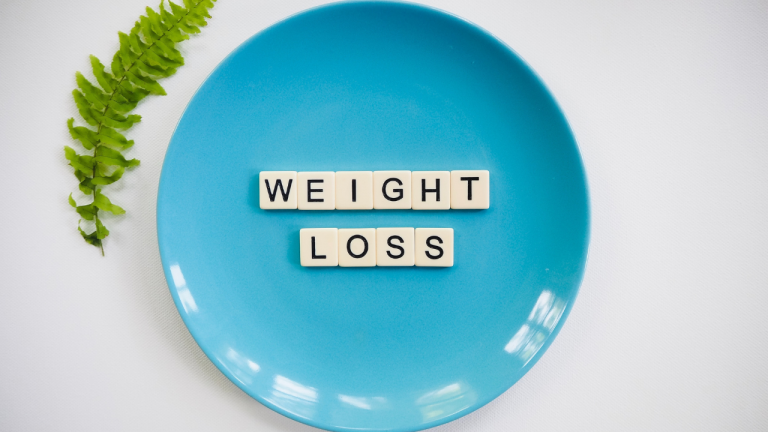Diet Plan For Thyroid

Thyroid hormones help control a number of bodily functions, including growth, cell repair, and metabolism. As a result, people with hypothyroidism can experience symptoms like fatigue, hair loss, weight gain, cold intolerance, mood changes, and constipation, among many other symptoms.
Medication is the first line of treatment for hypothyroidism, but following a healthy diet and lifestyle can help improve thyroid function and symptoms, too.
Diet Plan for Thyroid (1200-1400)
Pre-Breakfast
1 Glass of lemon cinnamon water
Soaked and peeled almonds- 5 pcs
Breakfast
Besan chilla- 2 pcs
Mint tomato chutney 2 tsp
Lunch
Multigrain roti-2 pcs
chana masala
Tomato cucumber salad
Rice-half bowl
Curd 1 bowl
Evening Snacks
Makhana roasted
Tea with low-fat milk
Dinner
Moong dal khichdi-1 bowl
Cucumber raita 1 bowl
Bedtime
1 – Glass of skimmed milk with no sugar
Early Warning Signs of Thyroid
You’re always tired.
Significant changes in weight.
Irregular heart rate.
Always too hot or cold, never comfortable.
A puffy face, swelling at the base of your neck.
Brittle hair and red itchy, irritated skin.
Weakness and aches in muscles and joints.
Trouble concentrating or remembering.
You’ve skipped your period but are not pregnant.
Yoga Poses For Thyroid
Supported shoulder stands
Legs up the wall
Camel pose
Cat cow pose
Cobra pose
Fish pose
Super foods for Thyroid
Foods you must include if you have thyroid for better hormonal health.
Fresh Fruits and Vegetables
Apple
Pear
Berries
Sweet potato
Orange
Peppers
Nuts and seeds
Pumpkin seeds
Sunflower seeds
chia seeds
flax seeds
Eggs
Foods to eat
Following a diet rich in nutritious foods can help improve overall health and promote healthy body weight maintenance. Plus, a nutrient-dense diet can help reduce the risk of health conditions linked with hypothyroidism like heart disease, obesity, and type 2 diabetes
A diet high in fiber can also help lower the risk of constipation, which is a common symptom of hypothyroidism
If you have hypothyroidism, try incorporating the following nutritious foods into your diet:
- Non-starchy vegetables: Greens, artichokes, zucchini, asparagus, carrots, peppers, spinach, mushrooms, etc.
- Fruits: Berries, apples, peaches, pears, grapes, citrus fruits, pineapple, bananas, etc.
- Starchy vegetables: Sweet potatoes, potatoes, peas, butternut squash, etc.
- Fish, eggs, meat, and poultry: Fish and shellfish, eggs, turkey, chicken, etc.
- Healthy fats: Olive oil, avocados, avocado oil, coconut oil, unsweetened coconut, full-fat yogurt, etc.
- Gluten-free grains: Brown rice, rolled oats, quinoa, brown rice pasta, etc.
- Seeds, nuts, and nut butter: Almonds, cashews, macadamia nuts, pumpkin seeds, natural peanut butter, etc.
- Beans and lentils: Chickpeas, kidney beans, lentils, etc.
- Dairy and non-dairy substitutes: Coconut milk, cashew milk, coconut yogurt, almond milk, unsweetened yogurt, cheese, etc.
- Spices, herbs, and condiments: Fresh and dried herbs like basil and rosemary, spices like paprika, saffron, and turmeric, and healthy condiments like salsa and mustard.
- Beverages: Water, unsweetened tea, coffee, sparkling water, etc.
Keep in mind that some people with hypothyroidism may benefit from avoiding gluten and other ingredients like dairy, but others may not have to cut these foods from their diet and may be able to consume gluten and dairy without issue.
This is why it’s important to develop an eating plan that works for you and your specific health needs.
If you can, work with a registered dietitian who can help identify which foods may need to be eliminated and help develop a balanced eating plan that does not unnecessarily cut out nutrient-rich ingredients.
There are plenty of healthy food options for people with hypothyroidism, including vegetables, fruits, healthy fats, and protein sources like fish and eggs.
Important Tips
A number of vitamins and minerals are necessary for healthy thyroid function. People with hypothyroidism are more likely to be deficient in several nutrients and supplementing with certain vitamins and minerals could help improve thyroid function and hypothyroid symptoms. However, it’s recommended to talk to your healthcare provider before starting any new supplement.



